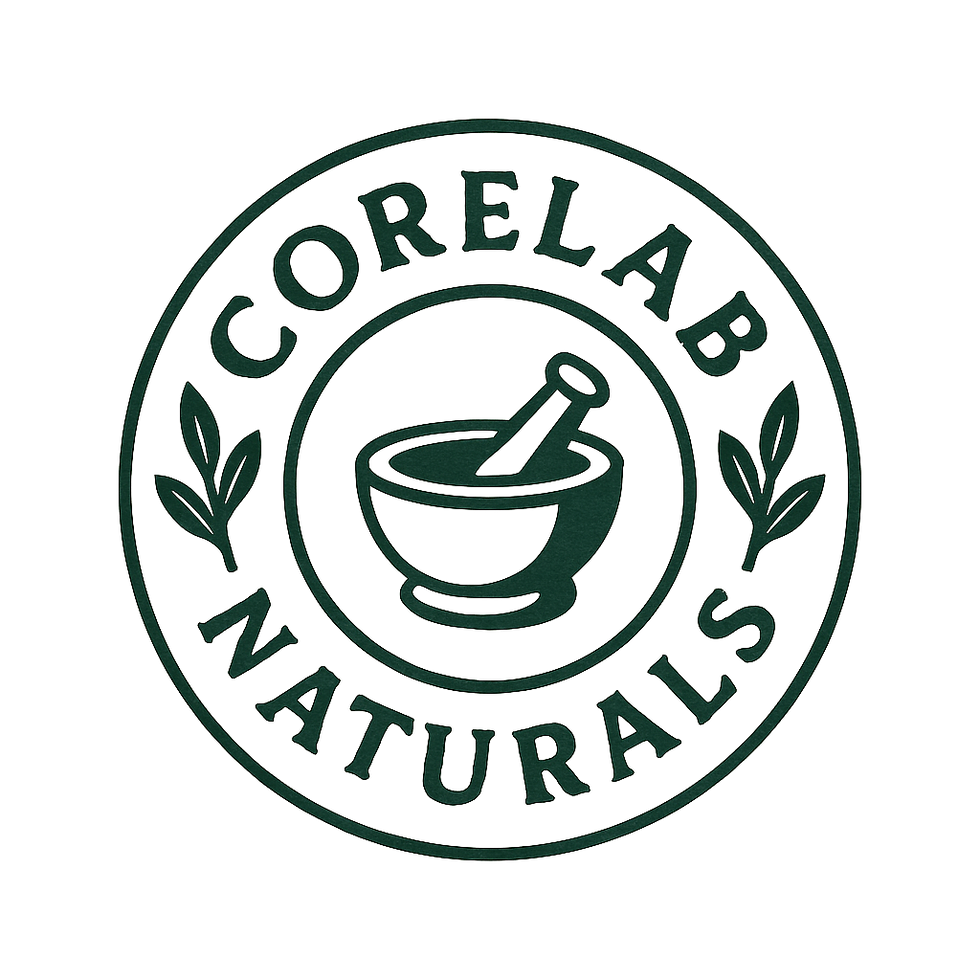Unlocking Gut Health: Simple Strategies to Nourish Your Microbiome and Combat Bad Bacteria
- alex stretton
- Nov 17, 2025
- 3 min read
Gut health plays a crucial role in overall well-being, yet many people overlook the importance of maintaining a balanced gut microbiome. The gut microbiome consists of trillions of bacteria, fungi, and other microorganisms living in your digestive tract. These tiny organisms influence digestion, immunity, mood, and even weight management. When the gut is dominated by harmful bacteria, it can lead to digestive issues, inflammation, and other health problems. Understanding how to support your gut microbiome with simple lifestyle changes can help you avoid these issues and promote lasting health.

What Happens When Bad Bacteria Take Over
The gut microbiome is a delicate ecosystem. When you feed it with unhealthy foods, such as high-sugar snacks, processed meals, and excessive alcohol, bad bacteria can multiply. This imbalance, known as dysbiosis, disrupts digestion and weakens your immune system. You might experience symptoms like bloating, gas, constipation, or diarrhea. Over time, chronic dysbiosis can contribute to more serious conditions such as irritable bowel syndrome (IBS), allergies, and even mental health disorders like anxiety and depression.
Bad bacteria produce toxins that irritate the gut lining, leading to inflammation. This inflammation can spread beyond the gut, affecting other organs and increasing the risk of chronic diseases. For example, research links poor gut health with obesity, type 2 diabetes, and heart disease. Therefore, controlling the growth of harmful bacteria is essential for maintaining overall health.
How to Nourish Your Microbiome
Supporting your gut microbiome involves feeding it the right nutrients and creating an environment where good bacteria can thrive. Here are practical strategies to improve your gut health:
1. Eat More Fiber-Rich Foods
Fiber is the primary fuel for beneficial gut bacteria. Foods high in fiber include:
Vegetables like broccoli, carrots, and leafy greens
Fruits such as apples, berries, and pears
Whole grains like oats, quinoa, and brown rice
Legumes including lentils, chickpeas, and beans
Fiber passes through your digestive system mostly undigested, reaching the colon where it ferments and feeds good bacteria. This fermentation produces short-chain fatty acids that reduce inflammation and strengthen the gut lining.
2. Include Fermented Foods in Your Diet
Fermented foods contain live bacteria that can boost your gut microbiome directly. Examples include:
Yogurt with live cultures
Sauerkraut and kimchi
Kefir
Miso and tempeh
Regularly eating these foods introduces beneficial bacteria that help crowd out harmful species and improve digestion.
3. Limit Sugar and Processed Foods
High sugar intake feeds bad bacteria and yeast, encouraging their growth. Processed foods often contain additives and preservatives that disrupt gut balance. Reducing these foods helps prevent dysbiosis and supports a healthier microbiome.
4. Stay Hydrated
Water helps move food through your digestive system and supports the mucosal lining of the intestines. Proper hydration aids in maintaining a healthy environment for gut bacteria.

5. Manage Stress and Get Enough Sleep
Stress and poor sleep negatively affect gut bacteria diversity. Chronic stress can increase gut permeability, allowing toxins to enter the bloodstream. Practicing relaxation techniques like meditation, yoga, or deep breathing can help. Aim for 7-9 hours of quality sleep each night to support gut repair and balance.
6. Consider Probiotics and Prebiotics
Probiotics are supplements containing live beneficial bacteria. They can help restore balance after antibiotic use or during digestive issues. Prebiotics are non-digestible fibers that feed good bacteria. Foods rich in prebiotics include garlic, onions, asparagus, and bananas.
Before starting any supplements, consult a healthcare professional to find the right type and dose for your needs.
The Long-Term Benefits of a Healthy Gut
Maintaining a balanced gut microbiome offers many benefits beyond digestion:
Stronger immune system: About 70% of immune cells reside in the gut. A healthy microbiome helps fight infections.
Improved mood and brain function: Gut bacteria produce neurotransmitters like serotonin, influencing mental health.
Better weight management: Balanced gut bacteria regulate metabolism and appetite.
Reduced inflammation: Good bacteria lower chronic inflammation linked to many diseases.
By making simple changes to your diet and lifestyle, you can protect your gut from harmful bacteria and support your overall health.

Gut health is a foundation for feeling your best every day. Start by adding more fiber and fermented foods to your meals, cutting back on sugar, and managing stress. These steps help your microbiome flourish and keep bad bacteria in check. Your gut will thank you with better digestion, stronger immunity, and more energy. Take care of your microbiome today to build a healthier tomorrow.





Comments